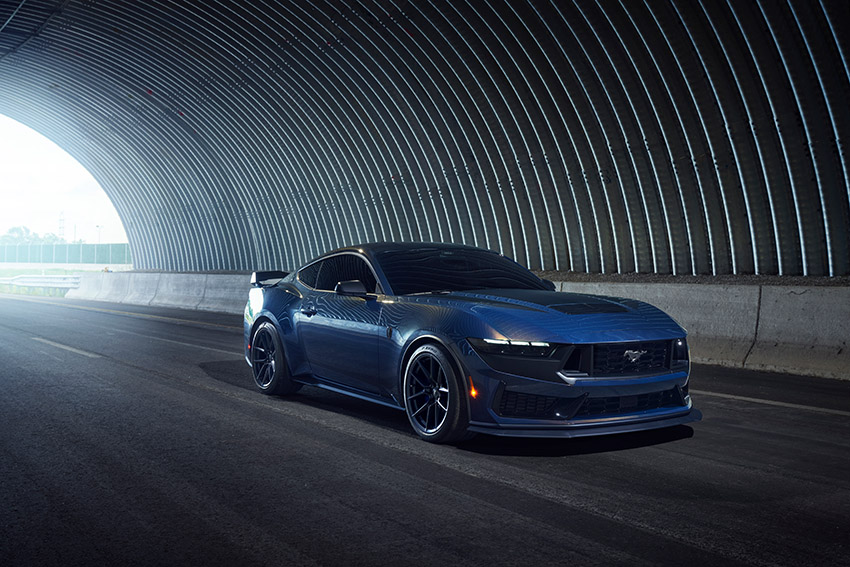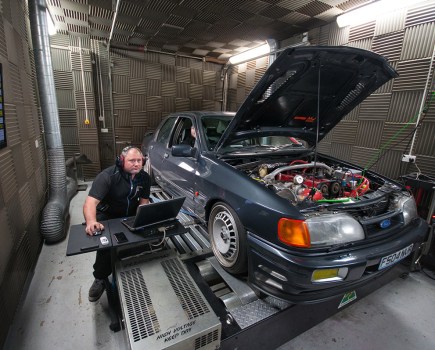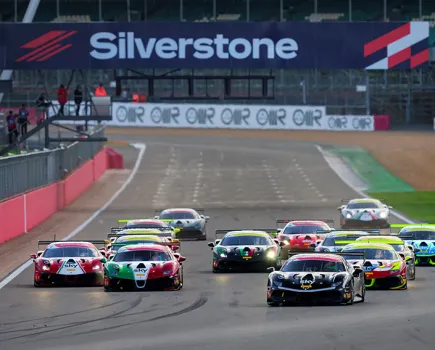Have you ever wondered what horsepower really means? And why it’s so crucial when it comes to performance cars? Get ready to explore its impact on the world of modified cars.
The Basics: What is Horsepower?
In simple terms, horsepower measures the raw power an engine can produce. How fast a car is, is directly linked to how much power it produces.
But where did the term “horsepower” come from? Well, back in the day, legendary inventor James Watt (yes, the same guy who also invented the steam engine, the rev counter, and the Watt’s linkage!) was looking for a way to compare the power output of his steam engines to that of horses. He wanted to show how many horses his steam engine could replace, and to do that he needed a benchmark unit of measure. And thus, the concept of horsepower was born.
How is Horsepower Measured?
In the automotive world, we typically use two common methods: brake horsepower (bhp) and wheel horsepower (whp).
- Brake Horsepower (bhp): This is the measurement of an engine’s power before any power losses occur through the drivetrain. Bhp represents the maximum power an engine can produce under optimal conditions, giving us a glimpse of its untamed potential.
- Wheel Horsepower (whp): This is the power that actually reaches the wheels and pushes the car forward. Whp takes into account the losses through the transmission, drivetrain, and other components. It’s what we feel when we step on the gas and experience that surge of acceleration.
On a chassis dyno, the power figure is measured at the wheels and a calculation applies the losses to produce an estimated wheel hp figure. On and engine dyno, power is recorded directly at the crankshaft, giving us a bhp figure.

American Horsepower vs. Metric Horsepower
When it comes to measuring engine power, it’s important to note that there are two common standards: American horsepower (hp) and metric horsepower (PS or CV). While they both represent power output, there are slight differences in how they are calculated and used:
American Horsepower (hp): is the most commonly used unit of measurement in the automotive industry, particularly in the United States. It originated from the work of James Watt, who defined one horsepower as the ability to do 550 foot-pounds of work per second. It is calculated using the formula:
1 hp = 550 ft-lbs/s
In the United States, hp is often used to measure engine output and performance. It’s the unit you’ll see quoted on engine power ratings for American-made cars and many performance parts.
Metric Horsepower (PS or CV): also known as Pferdestärke (PS) or cheval vapeur (CV), is widely used in Europe. It was introduced by engineer James Watt’s competitor, Gottfried Wilhelm Daimler. PS/CV represents an equivalent power value to one kilogram-force meter per second (kgf·m/s). The calculation for metric horsepower is:
1 PS/CV = 75 kgf·m/s
PS or CV is commonly used in European car specifications, engine ratings, and performance figures. We need to be aware of this unit when comparing car specifications between different regions.
It’s worth noting that while American horsepower and metric horsepower are not identical, they are very similar. One American horsepower is roughly equal to 98.6% metric horsepower. However, as they are so similar the two units are often interchanged.
The Relationship Between Horsepower and Torque
When discussing an engine’s power, we need to talk about its close connection with torque. Together, horsepower and torque define the performance characteristics of an engine.
Torque: is the rotational force an engine produces. It’s what gets your vehicle moving from a standstill and helps it conquer tough terrain. High torque is particularly important for off-road applications or when towing heavy loads.
Horsepower: represents how quickly an engine can sustain its torque output over time. It manifests as the ability to maintain high speeds or accelerate rapidly.
In simple terms, hp and torque are two sides of the same dynamic coin. While torque gives you that initial punch off the line, hp keeps pushing you forward and maintains that exhilarating acceleration at higher speeds.
Want to learn more about horsepower?
Check out some of our other features relating to horsepower:

What is Engine Torque?
Ready to explore the concept of engine torque and what it means for performance car tuning? Let’s dive in…

Types of Horsepower Explained
How much horsepower has your car got? Well, that depends on what units you’re using and how it was measured. There are several different types of horsepower figures, and they all mean something slightly different. Read on to learn more…

Horsepower Or Torque: Which is More Important?
Horsepower and torque are words that we’ve all heard before, but which one is more important to have in a car? Here’s the full lowdown…

10 Things You Didn’t Know About Horsepower
Horsepower is the most common metric used to measure a car’s performance. But how much do you really know about it? Here are 10 facts that might surprise you.







